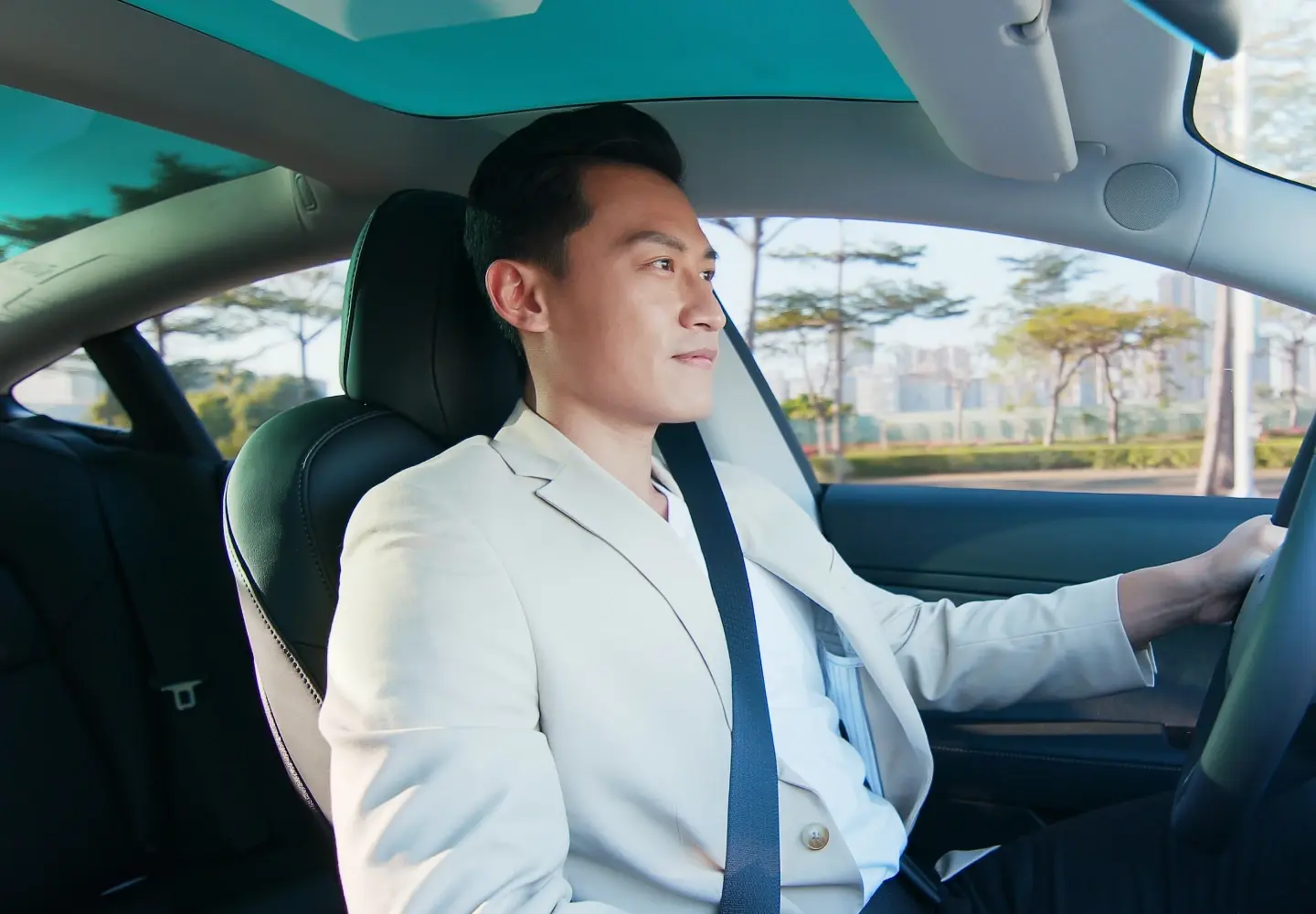
The rental car industry is on the upswing after a tough time due to the pandemic and vehicle shortages. But, with increased demand comes increased competition, and newer companies are using innovative technology to create better customer experiences. This puts established industry leaders like Hertz, Avis, and Budget in need of a transformation to stay ahead.
To keep up, rental companies must innovate by incorporating more electric vehicles, creating seamless customer experiences, and leveraging new technology. Newer companies are building their entire business models around tapping into the younger generation’s desire for more environmental sustainability in transportation, providing electric and hybrid vehicle options at competitive prices.
In addition to an updated vehicle selection, customers demand a more convenient and streamlined rental process and expect a fully digital experience. Many start-ups have embraced contactless car rentals and subscriptions, allowing renters to handle their entire rental experience directly on their smartphones.
To compete, established players must consider transforming their legacy IT programs and embracing innovation. Rental companies should also look to artificial intelligence solutions, such as computer vision and AI for vehicle inspections. Transitioning from older systems to newer technology may seem daunting, but a hybrid approach, slowly incorporating newer technology into older systems, can ensure a smooth and successful move.
Brand has proven to be a great advantage for steady growth, but this is no longer enough. Smaller companies are filling in for the weaknesses of industry giants by zeroing in on more niche markets and meeting demands for fully automated experiences. To ensure a place on the road to the future, rental car companies must transform their entire business models from the ground up. Simply having cars available will not always be enough.




